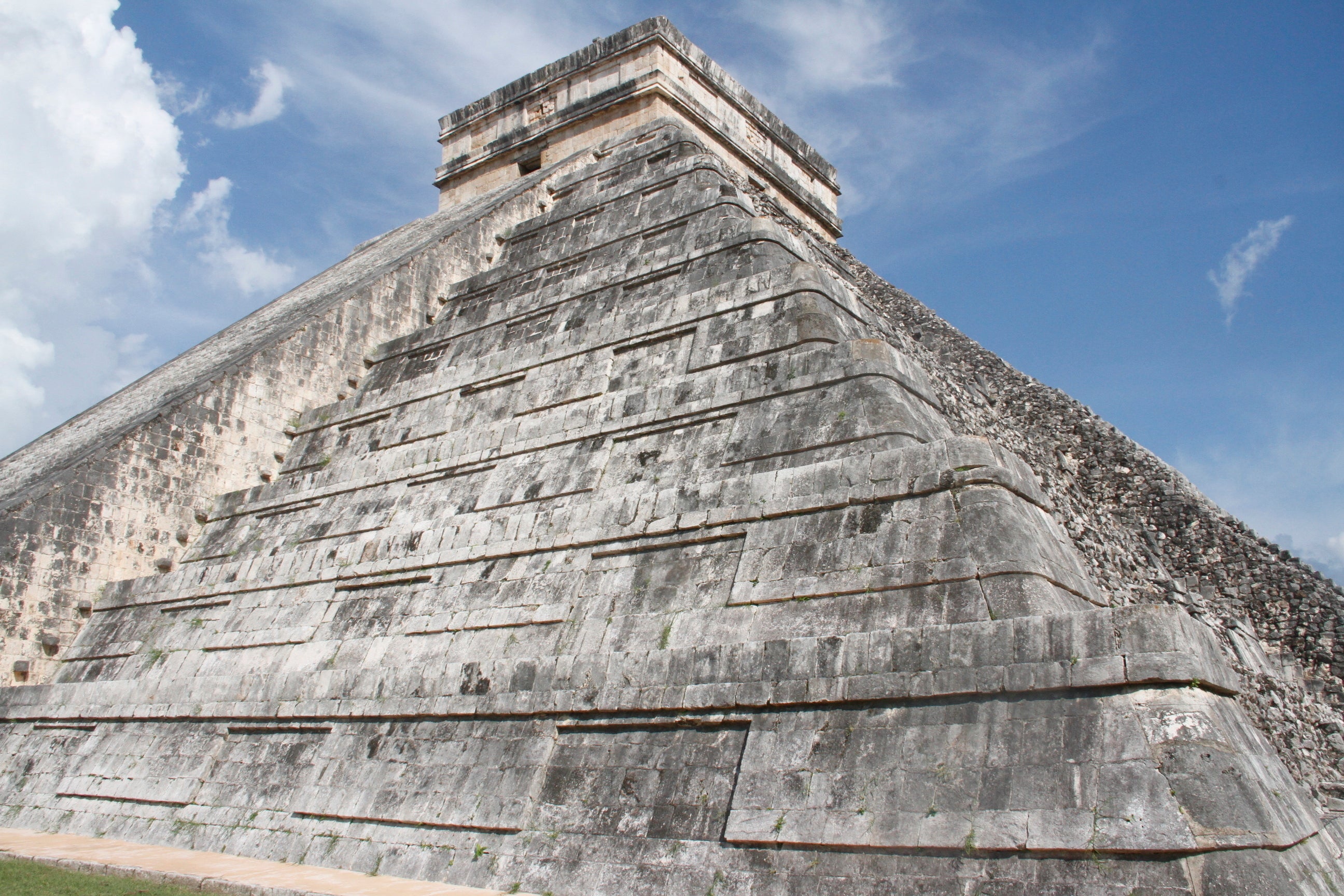Handicraft vendors block roads to Mexico's Chichen Itza ruin
Hundreds of handicraft vendors in southern Mexico have blocked access roads to the Mayan ruins of Chichen Itza

Your support helps us to tell the story
From reproductive rights to climate change to Big Tech, The Independent is on the ground when the story is developing. Whether it's investigating the financials of Elon Musk's pro-Trump PAC or producing our latest documentary, 'The A Word', which shines a light on the American women fighting for reproductive rights, we know how important it is to parse out the facts from the messaging.
At such a critical moment in US history, we need reporters on the ground. Your donation allows us to keep sending journalists to speak to both sides of the story.
The Independent is trusted by Americans across the entire political spectrum. And unlike many other quality news outlets, we choose not to lock Americans out of our reporting and analysis with paywalls. We believe quality journalism should be available to everyone, paid for by those who can afford it.
Your support makes all the difference.Hundreds of handicraft vendors in southern Mexico blocked access roads to the Mayan ruins of Chichen Itza for the third day Wednesday.
The vendors are mainly Mayans from nearby towns who have long sold goods at the entrances and parking lots at the ruin site. They accuse guards at the ruins of discriminating and violating their rights as descendants of the Maya people who built the temples more than 1,200 years ago.
“They prohibit the vendors there from speaking Maya,” said Arturo Ciau Puc, an activist with a local farm group known as CIOAC. “Just because we are Indigenous doesn't mean we should be treated like second-class citizens.”
Protesters held up signs reading “No More Harassment of Artisans” at some of the roadblocks.
The vendors set up the protest lines late Monday to demand greater access to the complex to sell their goods, after security guards apparently threw some of them out.
The ruin site is operated by Mexico’s National Institute of Anthropology and History, and its boundaries are somewhat vague, with local communities claiming some of the land. Vendors and guides seeking customers sometimes set up for business inside the ruin site, which some say ruins the experience.
On Wednesday, Diego Prieto, the institute’s director, said vendors are “invasive” and want “to sell Chinese merchandise in front of the pyramid.” He referred to the pyramid of Kukulkan, also known as El Castillo, or “The Castle,” which is often considered the centerpiece of the ruin complex.
Ciau Puc said protesters were demanding the replacement of the director of the archaeological zone, accusing him of “arrogance.” Locals are also angered by reports that well-heeled foreign tourists are allowed into the ruins at night, or allowed to climb the pyramid, something that is supposedly prohibited to protect the structure.
In a statement, the institute said it had sought to bring vendors under control “to ensure the proper functioning of the site to benefit visitors, by regulating the vendors that have invaded the area.”
The institute said the site remained open to tourists and added that officials were open to talks with the protesters.
Chichen Itza is a U.N. World Heritage site and Mexico's most-visited archaeological site, with about 2.5 million visitors each year.
The dispute highlighted the problems faced by modern day Mayans, most of whom live in poverty, in a region where tourism praises the works of their ancestors and but ignores them.
“In the end, it is thanks to us, or our ancestors, that these archaeological zones exist at all,” Ciau Puc said.